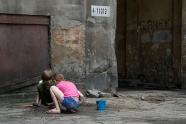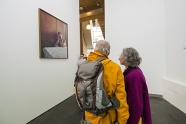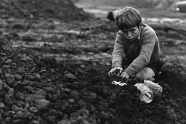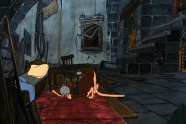| M | T | W | T | F | S | S |
|---|---|---|---|---|---|---|
| 1 | ||||||
| 2 | 3 | 4 | 5 | 6 | 7 | 8 |
| 9 | 10 | 11 | 12 | 13 | 14 | 15 |
| 16 | 17 | 18 | 19 | 20 | 21 | 22 |
| 23 | 24 | 25 | 26 | 27 | 28 | |
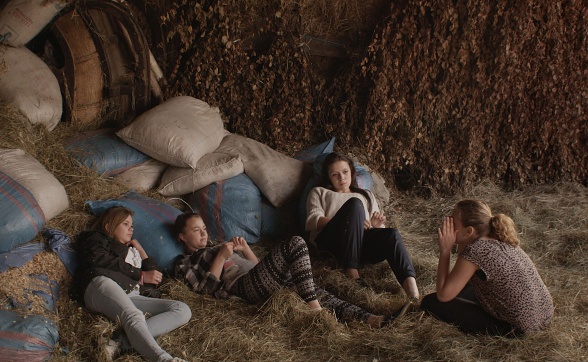
Sharon Lockhart, Study footage for untitled film, 2015. Courtesy the artist, neugerriemschneider, Berlin, Gladstone Gallery, New York and Brussels, and Blum & Poe, Los Angeles.
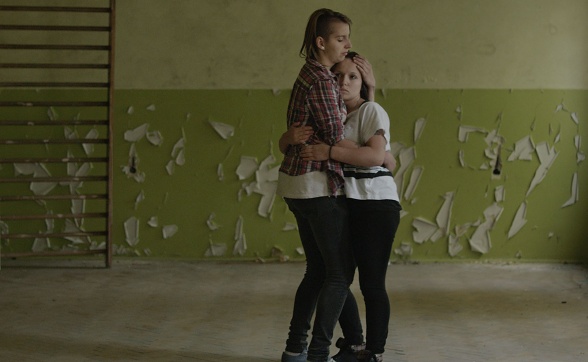
Sharon Lockhart, Study footage for untitled film, 2015. Courtesy the artist, neugerriemschneider, Berlin, Gladstone Gallery, New York and Brussels, and Blum & Poe, Los Angeles.
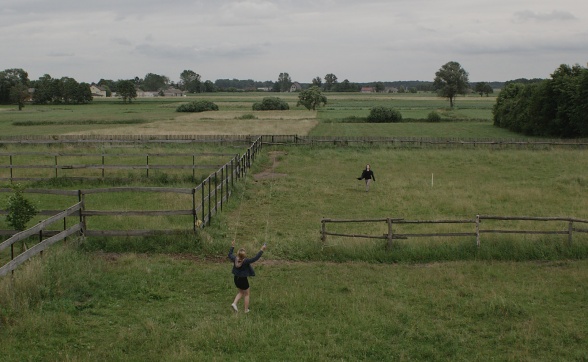
Sharon Lockhart, Study footage for untitled film, 2015. Courtesy the artist, neugerriemschneider, Berlin, Gladstone Gallery, New York and Brussels, and Blum & Poe, Los Angeles.
Sharon Lockhart, Study footage for untitled film, 2015. Courtesy the artist, neugerriemschneider, Berlin, Gladstone Gallery, New York and Brussels, and Blum & Poe, Los Angeles.
Liverpool Biennial and FACT are delighted to present the first UK screening of Sharon Lockhart’s new work-in-progress, shown on the occasion of her solo exhibition as part of Liverpool Biennial 2014.
The study footage explores Lockhart’s relationship with a young Polish woman named Milena, as well as her research on the influential Polish-Jewish pedagogue Janusz Korczak, whose seminal essay ‘Rights of the Child’ celebrates the often-disregarded voice of the child. Lockhart first befriended Milena in 2009 during the filming of Pòdworka in Lodz, Poland. At the time a nine-year-old girl, Milena inserted herself into the film’s making as a sort of impromptu assistant director, helping with casting and choreographing. Now fifteen years old, Milena is currently living in a girl’s home outside Warsaw named the ‘Youth Centre for Sociotherapy Rudzienko’.
This study footage grew out of a series of educational workshops, for Milena and 15 of her peers, that Lockhart organised at a farmhouse near to the home. The workshops were led by educator Bartek Przybył Ołowski, co-author of the Polish schoolbook Philosophical Education and Critical thinking. Together, the young women, Lockhart’s educators, and the film crew worked with this philosophical text, developing exercises and activities designed to empower their own voices, and emphasising the specific ways in which each participant chose to articulate their own perspectives about the world.
As a group, they all worked to create a script for this work-in-progress, and to choreograph a set of scenes in which the young women’s conversations interact with the surrounding landscape to address topics of children’s agency and selfhood. Notions of freedom, place, judgment and choice are often subject matter in these conversations, whose backdrop is at the same time idyllic and dilapidated. Lockhart’s non-narrative style allows viewers to meditate on the relationship of text to image, the girls’ body language, and to consider each voice that emerges: honouring Korzack and the child’s voice that he so valued.
The screening will comprise of study footage from the film-in-progress and be introduced by Liverpool Biennial curator Anthony Huberman. Young people are especially welcome.
Rudzienko (working title) is commissioned by Liverpool Biennial and FACT, 2014. Co-produced by the Kadist Art Foundation with additional support from neugerriemschneider, Berlin; Gladstone Gallery, New York and Brussels; and Blum & Poe, Los Angeles.
Liverpool Biennial
55 New Bird Street
Liverpool L1 0BW
- T +44 (0)151 709 7444
- info@biennial.com
Liverpool Biennial is funded by
Founding Supporter
James Moores
